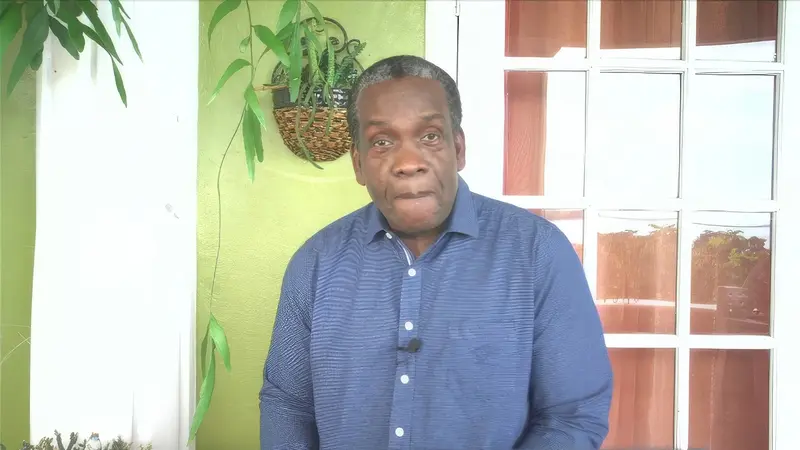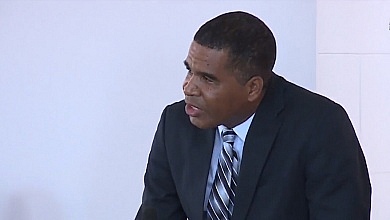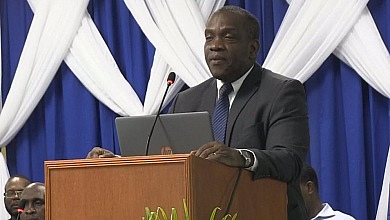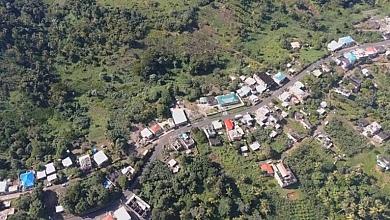UWP President Criticizes Proposed Electoral Reform Bills

Concerns over the proposed electoral reform bills have sparked debate among political leaders, with United Workers Party (UWP) President Lennox Linton urging citizens to resist legislation he claims will entrench unfair election practices.
Set for their first reading on December 16, 2024, the Electoral Commission Act, Registration of Electors Act, and House of Assembly Elections Act are intended to modernize Dominica’s electoral process. However, Linton alleges the reforms fail to address key issues, particularly campaign finance regulations and the role of overseas voters.
“The proposed new Registration of Electors Act will legitimize a system where citizens living overseas, who are not ordinarily resident in Dominica, are paid to return home to vote,” Linton argued. He added that such provisions undermine representation for local residents and skew electoral outcomes.
The absence of campaign finance controls in the House of Assembly Elections Act was another focus of Linton’s criticism. “There are no measures to prevent the bribery of citizens with money for travel expenses to vote or to regulate election spending,” he said. Linton accused the government of leveraging unaccounted funds from Dominica’s Citizenship by Investment (CBI) program to influence election results.
Describing the reform as insufficient, Linton urged Dominicans to reject what he called “a formula for unlawful and corrupt electoral conduct.” He said, “It is the duty of the people to prevent the enactment of laws that steal the electoral process from the citizens of Dominica.”
Prime Minister Roosevelt Skerrit, however, has defended the bills, stating they underwent extensive consultations with political parties, trade unions, youth groups, and international observers. Skerrit insists the reforms are designed to ensure free and fair elections, reaffirming his commitment to transparency in the legislative process.
As the debate continues, the government’s approach to electoral reform faces mounting scrutiny, with stakeholders questioning whether the proposed measures adequately address concerns of fairness and accountability.
This article is copyright © 2024 DOM767








